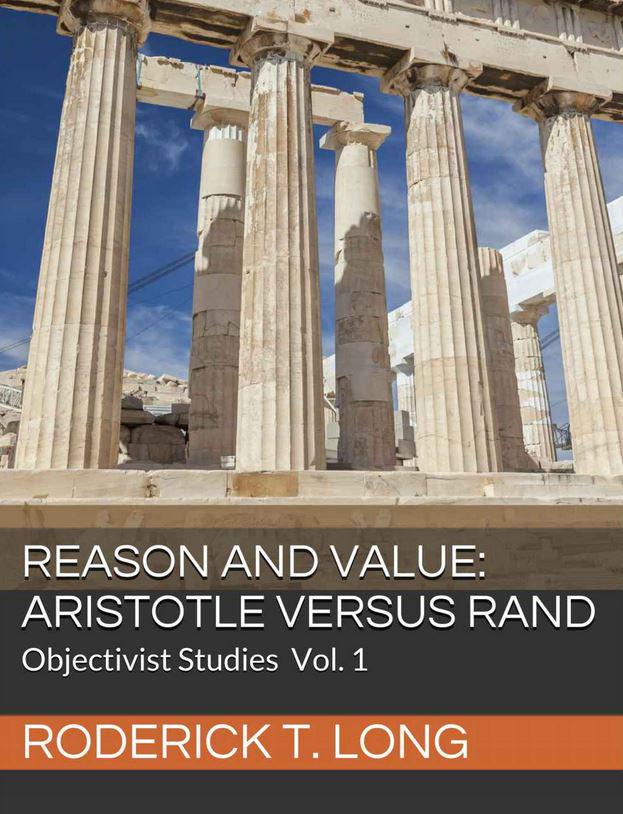Despite some wise words on markets and on war, Voltaire was not a libertarian. Neither, however, was he the apostle of unlimited government demonised by Hayek. Rather, Voltaire was a brilliant but unsystematic thinker whose thought contains both libertarian and unlibertarian strands.
One of my favourite of his libertarian passages is the following bit from Candide:
“Bravo!” cry the blues; “you are now the support, the defender, the hero of the Bulgarians; your fortune is made; you are in the high road to glory.” So saying, they handcuffed him, and carried him away to the regiment. There he was made to wheel about to the right, to the left, to draw his rammer, to return his rammer, to present, to fire, to march, and they gave him thirty blows with a cane; the next day he performed his exercise a little better, and they gave him but twenty; the day following he came off with ten, and was looked upon as a young fellow of surprising genius by all his comrades.
Candide was struck with amazement, and could not for the soul of him conceive how he came to be a hero. One fine spring morning, he took it into his head to take a walk, and he marched straight forward, conceiving it to be a privilege of the human species, as well as of the brute creation, to make use of their legs how and when they pleased. He had not gone above two leagues when he was overtaken by four other heroes, six feet high, who bound him neck and heels, and carried him to a dungeon.
What I like about this passage is the way it demystifies statist categories. Candide is not described as being “conscripted” into the Bulgarian army, or as subsequently “deserting.” The innocent protagonist lacks these concepts, and the narrative dispenses with them also. Instead we are simply told that a bunch of armed strangers abduct him and force him to spend time marching around and practicing firing guns, and that when he tries to exercise the “privilege of the human species … to make use of their legs” by walking away, he is abducted again. The high acts of state are decomposed into their material basis, the use of force by some people against other people.



